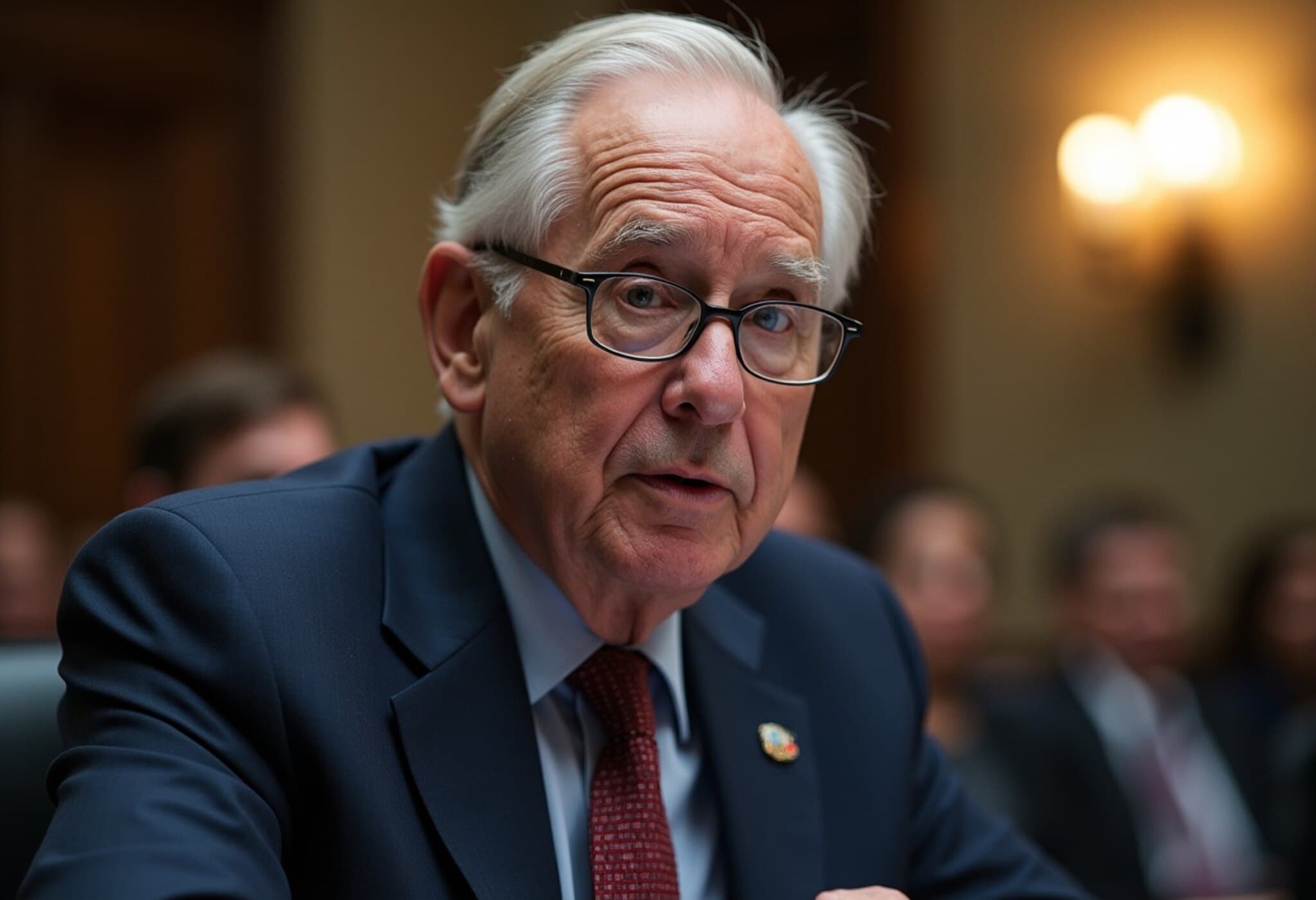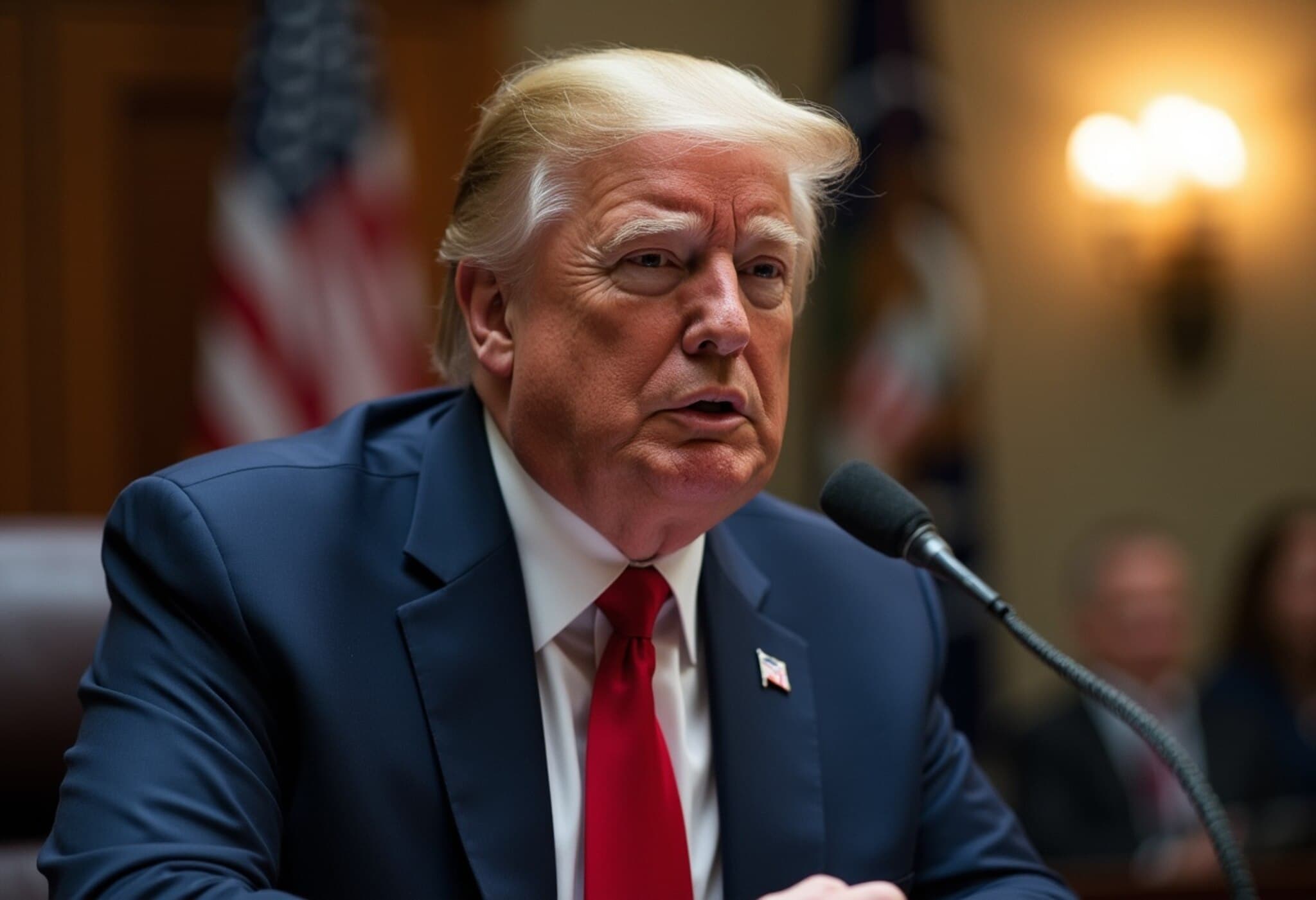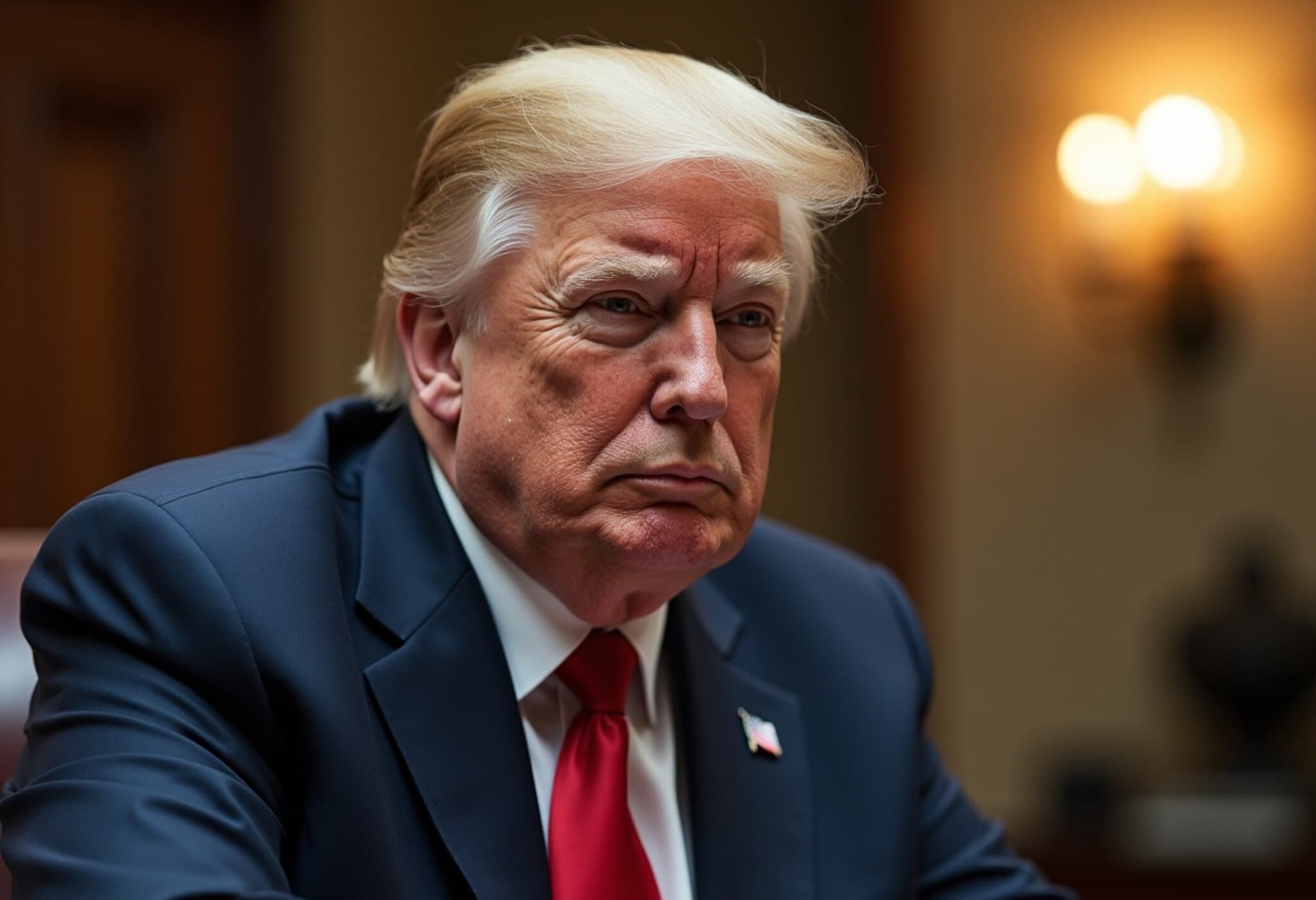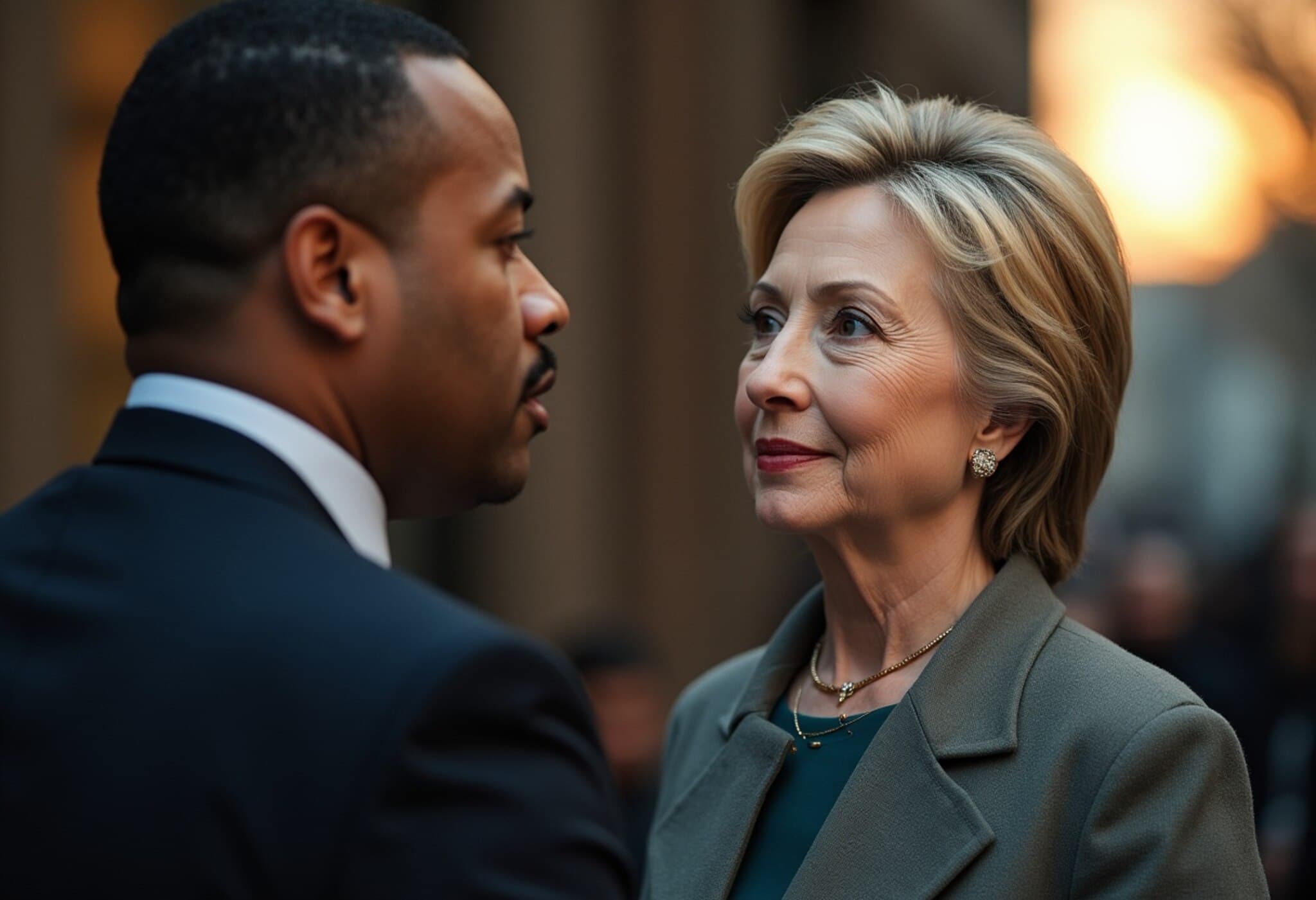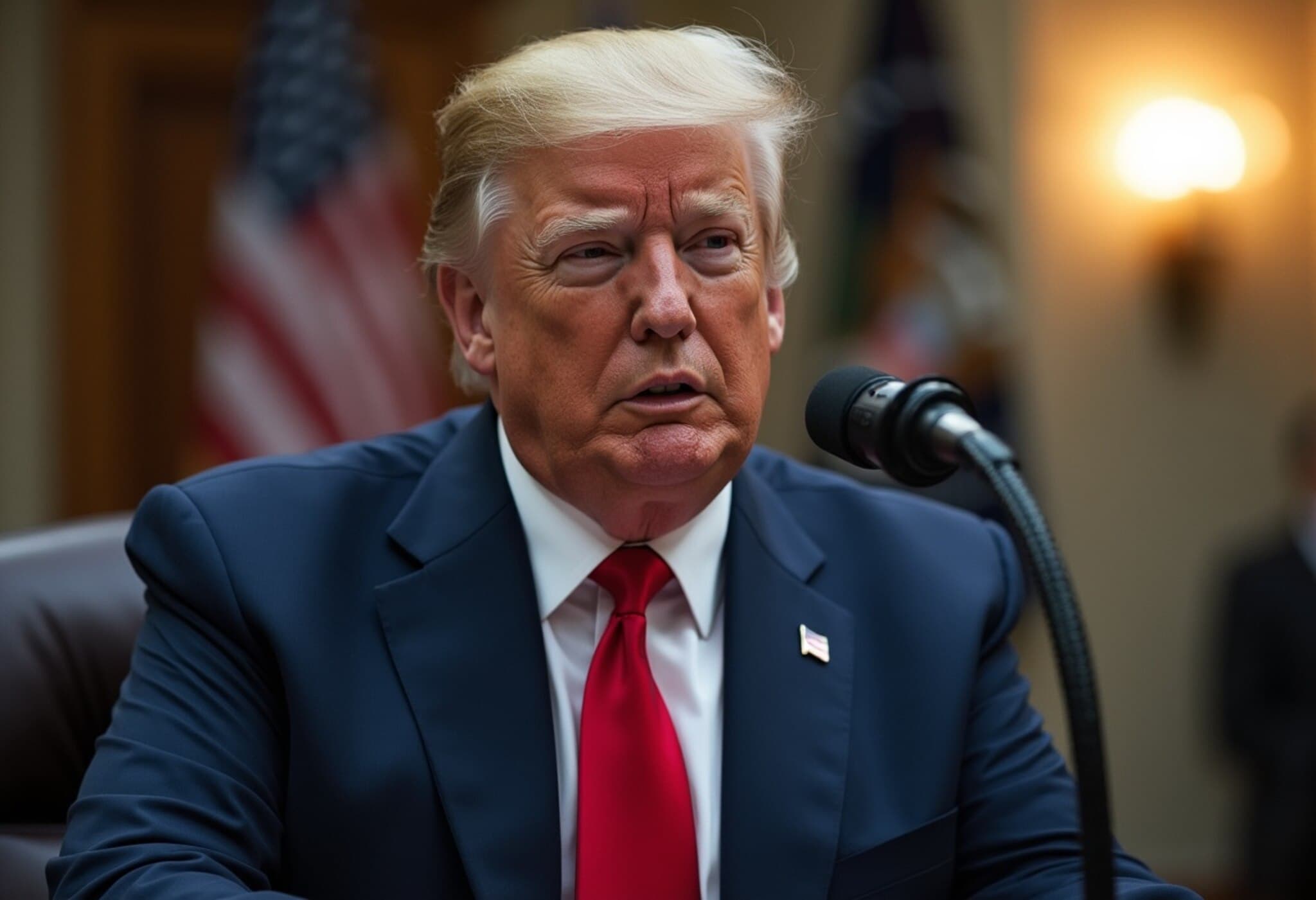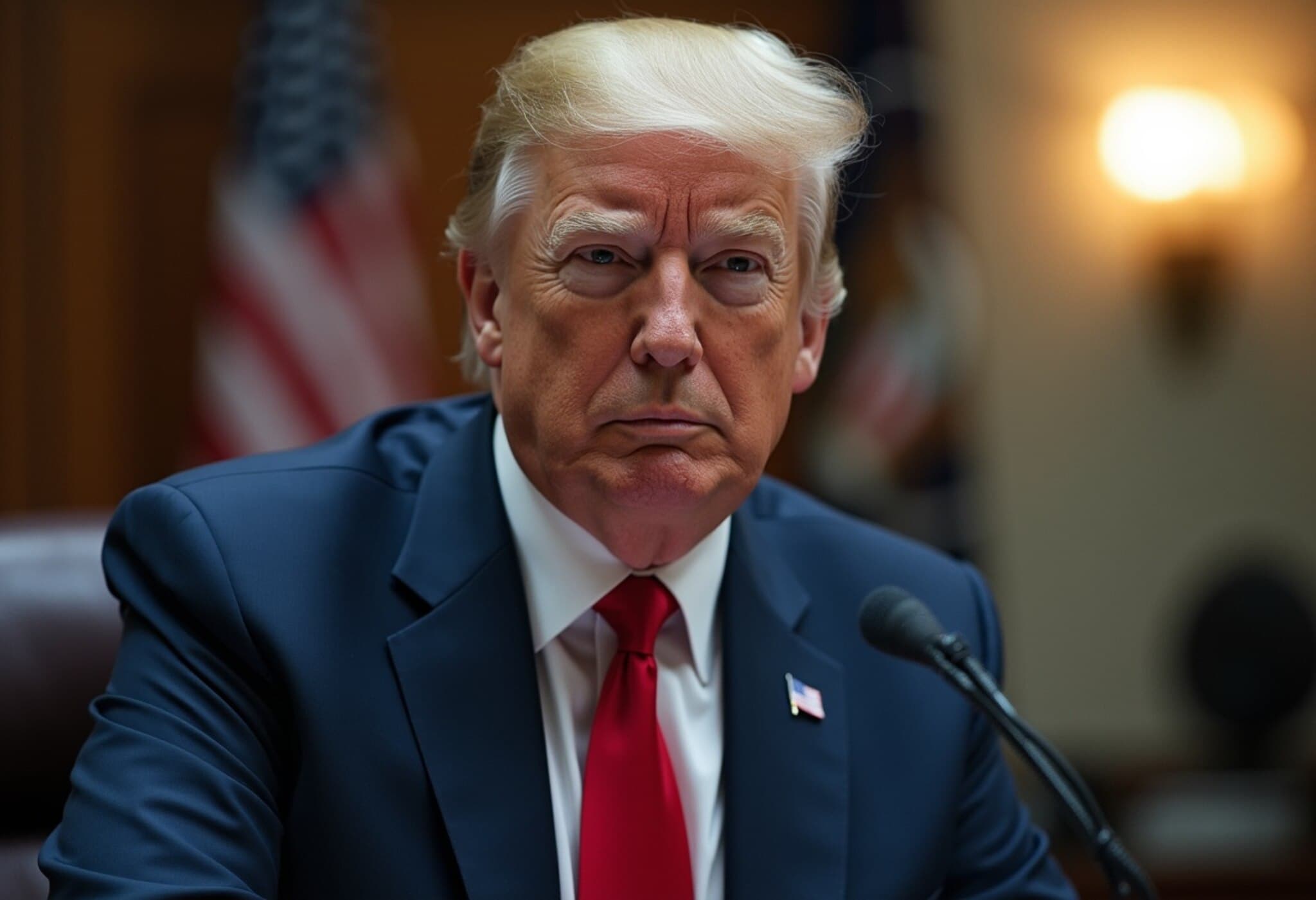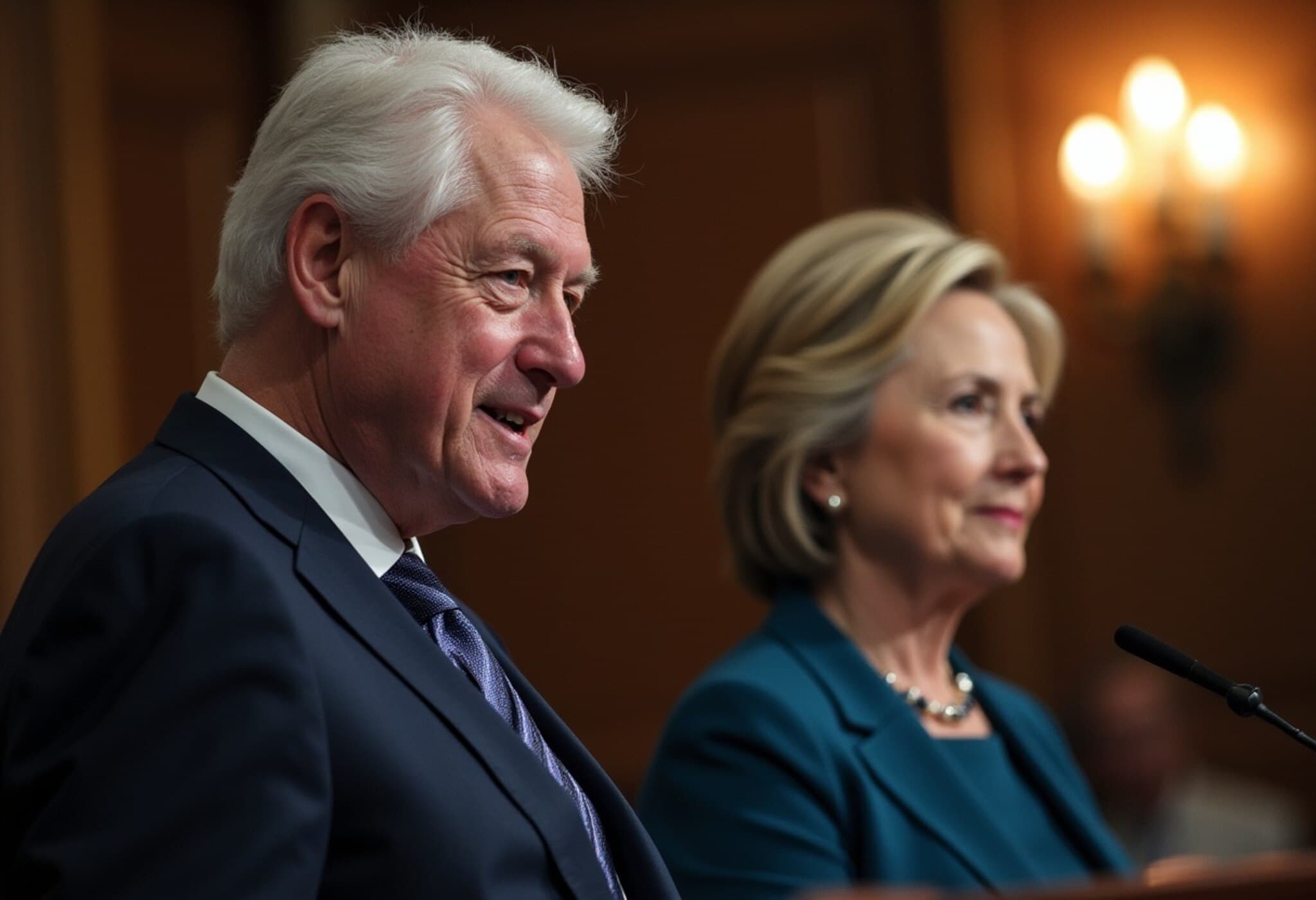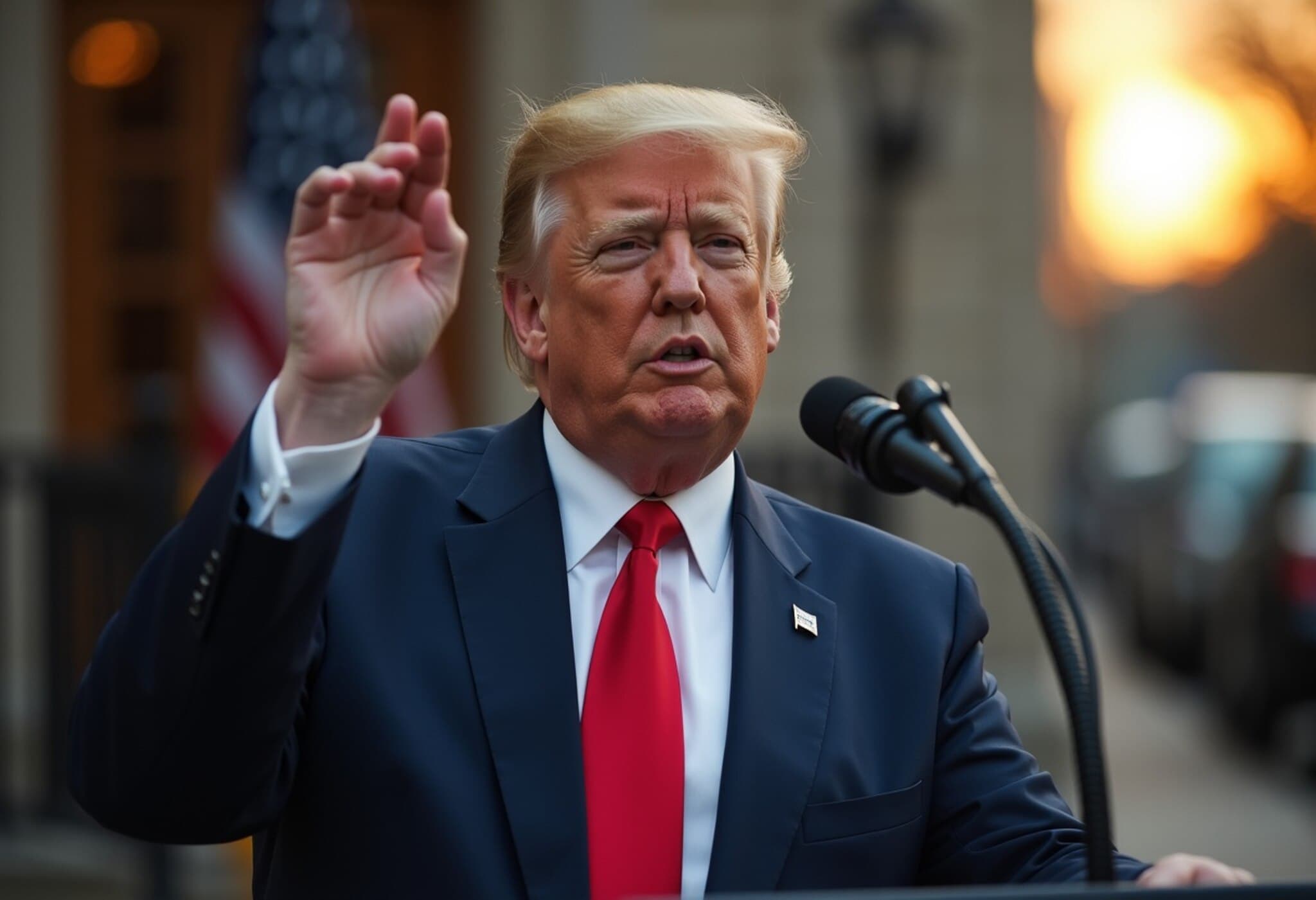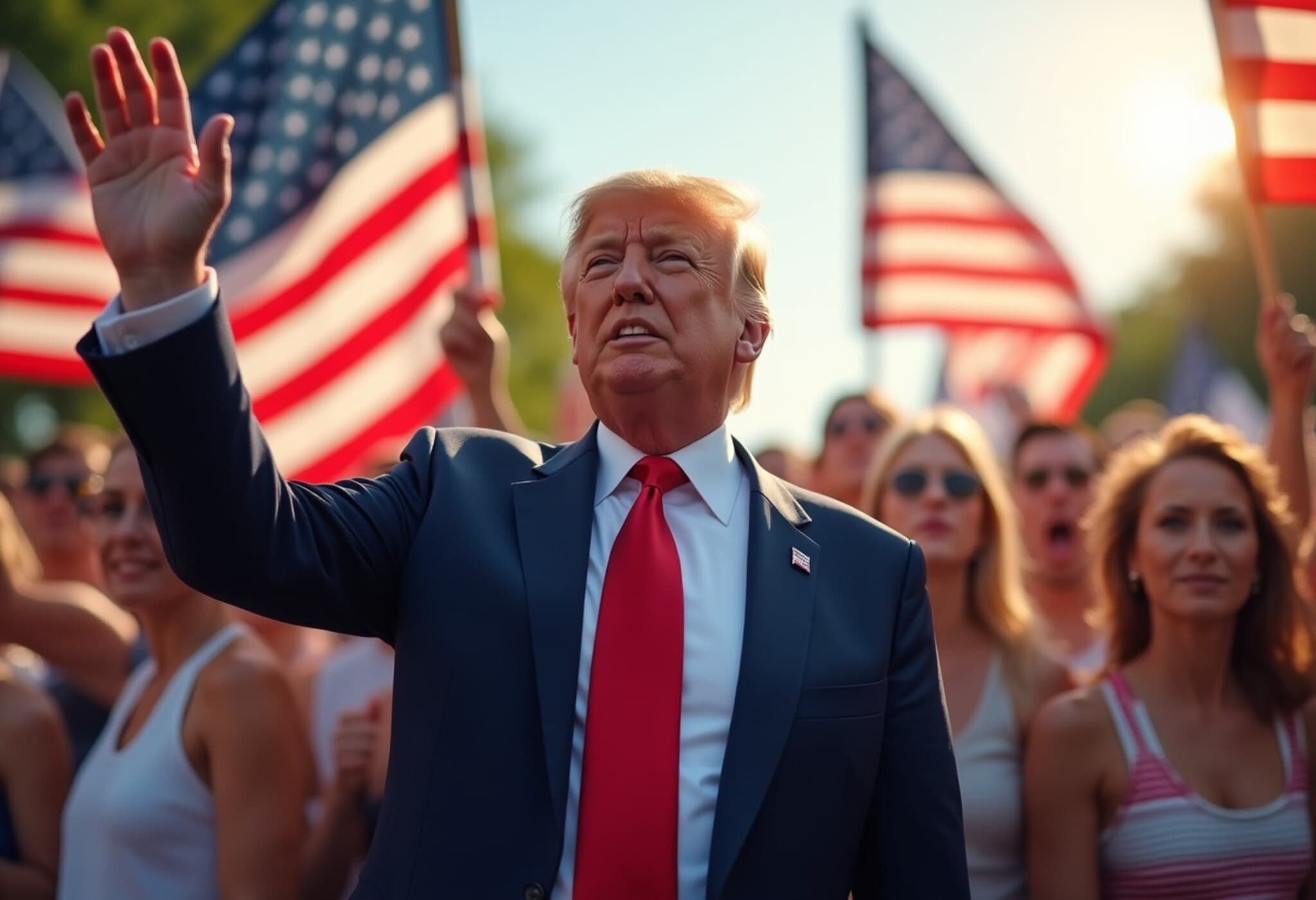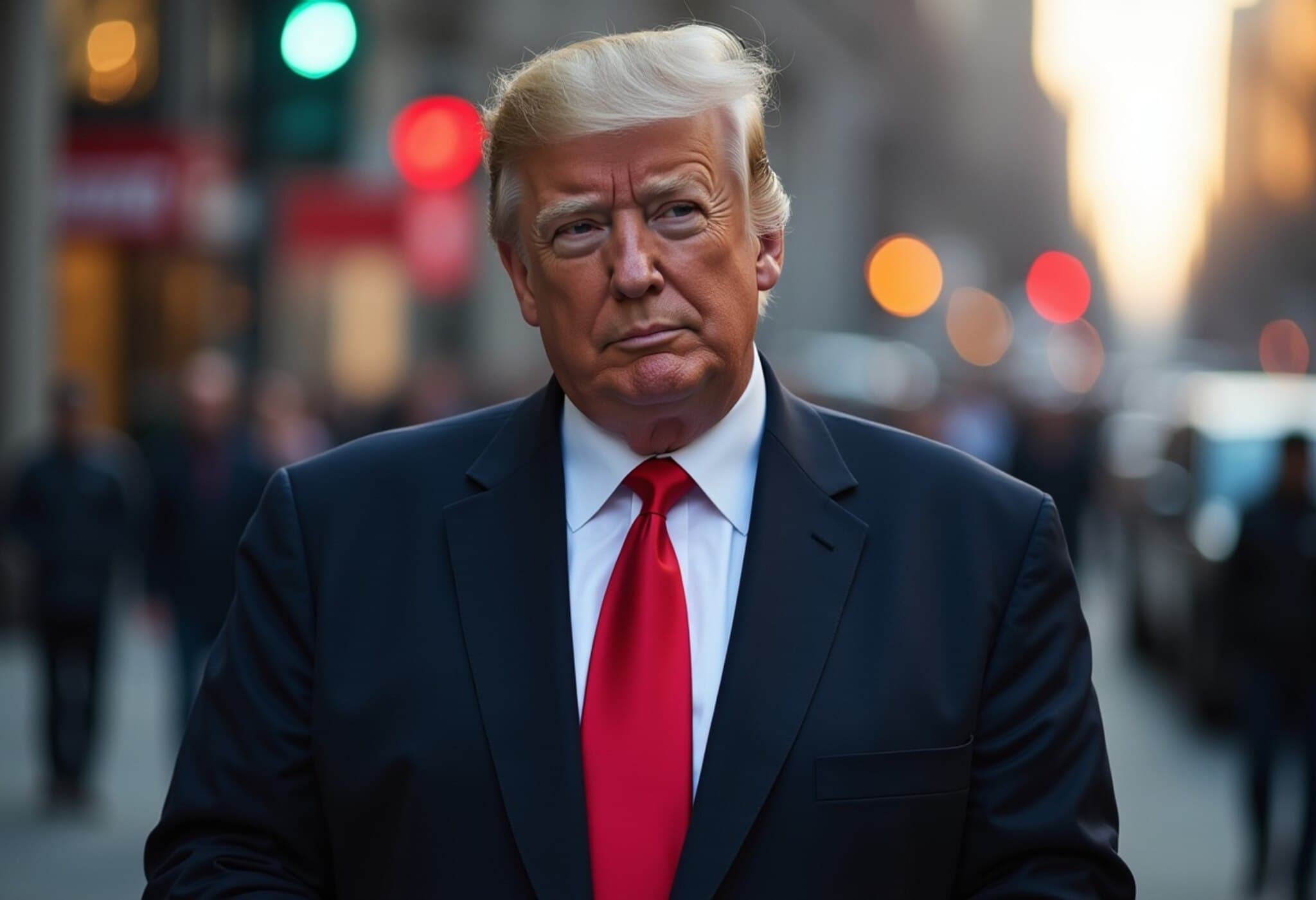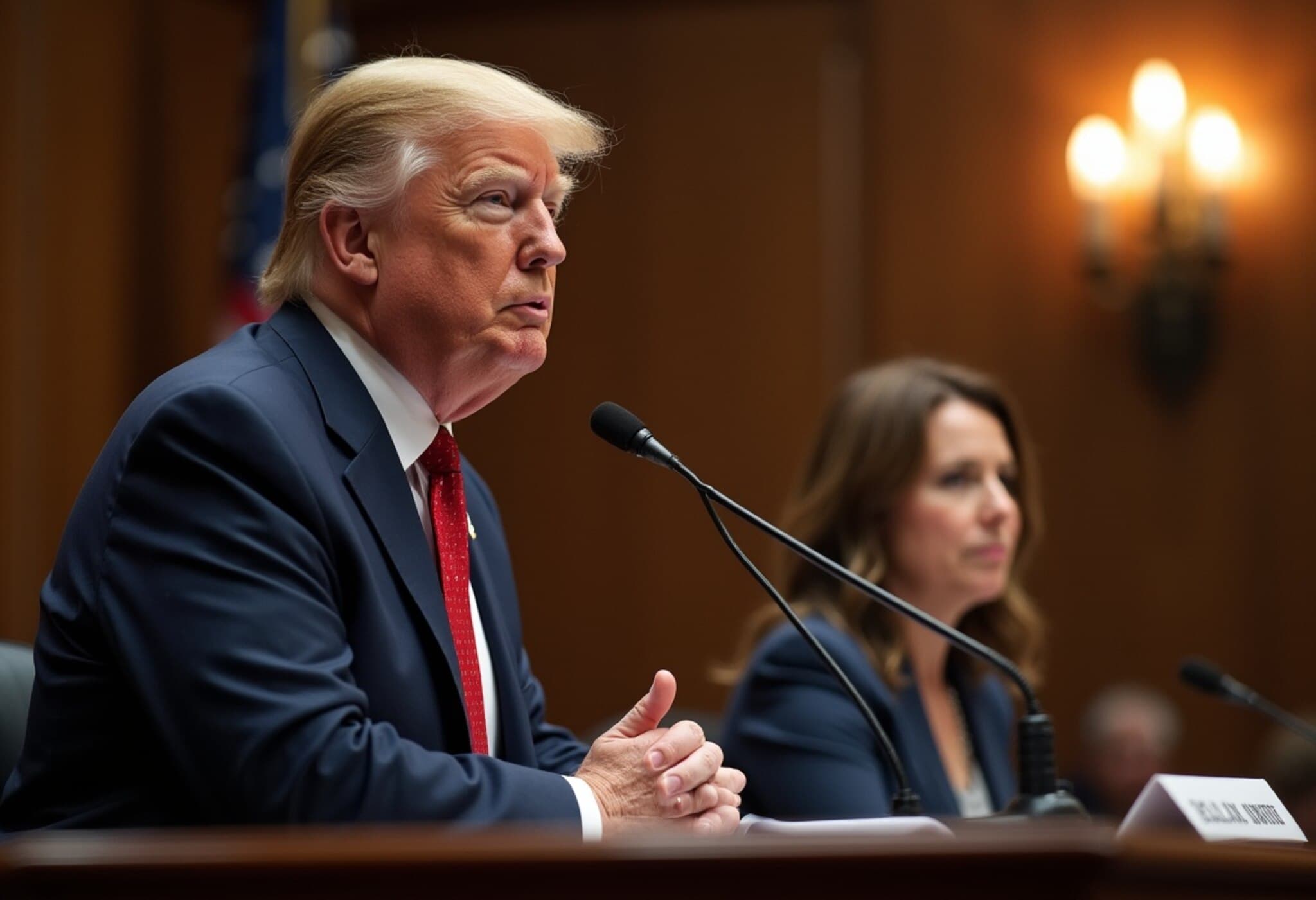Newly Declassified Documents Ignite Fresh Debate Over FBI’s Clinton Email Probe
In a recent move that reignites one of the most debated political investigations of the past decade, Senator Chuck Grassley has released a trove of declassified documents scrutinizing the FBI’s handling of Hillary Clinton’s private email server investigation. The documents, unveiled by the Senate Judiciary Committee, raise serious questions about the depth and impartiality of the FBI’s inquiry during the leadership of then-Director James Comey.
Senator Grassley’s Stark Critique: "Extreme Lack of Effort"
According to Grassley, these newly surfaced documents reveal an alleged failure by the FBI to thoroughly investigate Clinton’s handling of classified information. In a press statement, he described the investigation as marked by an "extreme lack of effort and due diligence," accusing the FBI of neglecting fundamental investigative work and overlooking important evidence.
The Senator highlighted a glaring contrast between the FBI’s approach to the Clinton email case and its vigorous probe into the Trump-Russia allegations. Grassley argues that while the Russia investigation was pursued aggressively—despite resting on sources like the now-discredited Steele dossier—the Clinton inquiry was approached with a notably lax attitude. "Comey’s decision-making process smacks of political infection," Grassley said, hinting at possible political bias influencing investigative priorities.
Background: The Clinton Email Controversy Under the Lens
From 2009 to 2013, Hillary Clinton used a private email server for official State Department communications, igniting intense controversy over the potential mishandling of classified material. The 2016 FBI investigation culminated in a public declaration by Comey that the bureau would not recommend charges, citing insufficient evidence to prove intentional wrongdoing.
"Although there is evidence of potential violations... our judgment is that no reasonable prosecutor would bring such a case," Comey stated at the time, emphasizing the challenges of proving intent.
Experts noted the complexity of prosecuting cases involving classified information, weighing context and precedent. However, the newly declassified documents challenge the thoroughness and transparency of that investigation.
Key Revelations: Unexamined Evidence and Alleged Political Interference
- Thumb drives containing classified information from multiple federal agencies—including communications tied to the State Department, Congress, and even former President Barack Obama—were reportedly taken into FBI custody but not thoroughly reviewed.
- Intelligence suggesting potential interference by Obama administration officials in the investigation process itself.
- Alleged links between then-Democratic National Committee Chair Debbie Wasserman Schultz and the Open Society Foundations, funded by George Soros, which did not receive adequate investigative attention.
Grassley underscores that these unpursued leads could have had significant national security implications, yet the FBI failed to follow up diligently. The documents originate from the “Clinton annex,” a less-publicized appendix of the Department of Justice’s 2018 Inspector General review, declassified at Grassley’s request with support from Attorney General Pam Bondi and other officials.
Broader Context: The Politicization of Intelligence Investigations
This revelation arrives amid ongoing debates about the political entanglement of intelligence and law enforcement agencies. Director of National Intelligence Tulsi Gabbard has recently declassified documents alleging Obama-era attempts to politicize intelligence surrounding Russian election interference and the Trump-Russia investigation.
Gabbard claims these documents provide "overwhelming evidence" that the Trump-Russia probe was initiated as a political weapon following Clinton’s 2016 defeat, stating on social media platform X:
"Their goal was to usurp President Trump and subvert the will of the American people... Every person involved must be investigated and prosecuted to the fullest extent of the law."
The Department of Justice has reportedly received this material for criminal referral, though it has declined further comment.
What This Means for Public Trust and National Security
These developments reopen critical questions about fairness, transparency, and political bias in major federal investigations. The FBI’s handling of the Clinton email probe—and its timing just before the 2016 election—has long been a flashpoint in debates over institutional integrity.
Experts suggest that uncovering the full truth behind these investigations is essential not only for historical clarity but also to safeguard democratic institutions and prevent politicized intelligence from undermining public confidence.
Expert Perspective
Legal analyst Dr. Margaret Ellis notes, "The documents cast doubt on whether the FBI met the rigorous standards expected in national security investigations, particularly when political figures are involved. An impartial, thorough inquiry is the backbone of public trust, without which democracy suffers."
Moreover, the discrepancies between investigations raise concerns about potential double standards in law enforcement and intelligence practices in the United States.
Looking Ahead: Calls for Continued Transparency and Accountability
Senator Grassley expressed appreciation for the efforts by officials to declassify these materials and urged continued examination of the case’s national security implications. With pressure mounting from various quarters, further disclosures may emerge, potentially reshaping public understanding of one of the most contentious political sagas of recent years.
Summary Box — Editor’s Note
Key Takeaways:
- The FBI’s investigation into Hillary Clinton’s email practices faces renewed criticism for alleged procedural failings and political bias.
- Declassified documents suggest key evidence was overlooked and hint at possible interference from the Obama administration.
- This controversy intersects with broader concerns about intelligence politicization during the Trump-Russia probe.
- Restoring trust requires transparent, nonpartisan inquiry into past investigations to uphold democratic principles.
Critical Questions for Readers: What mechanisms can ensure impartiality in politically sensitive investigations? How might these revelations impact future oversight of intelligence and law enforcement agencies?
The unfolding story serves as a potent reminder of the delicate balance between national security, political influence, and the pursuit of justice in American governance.

